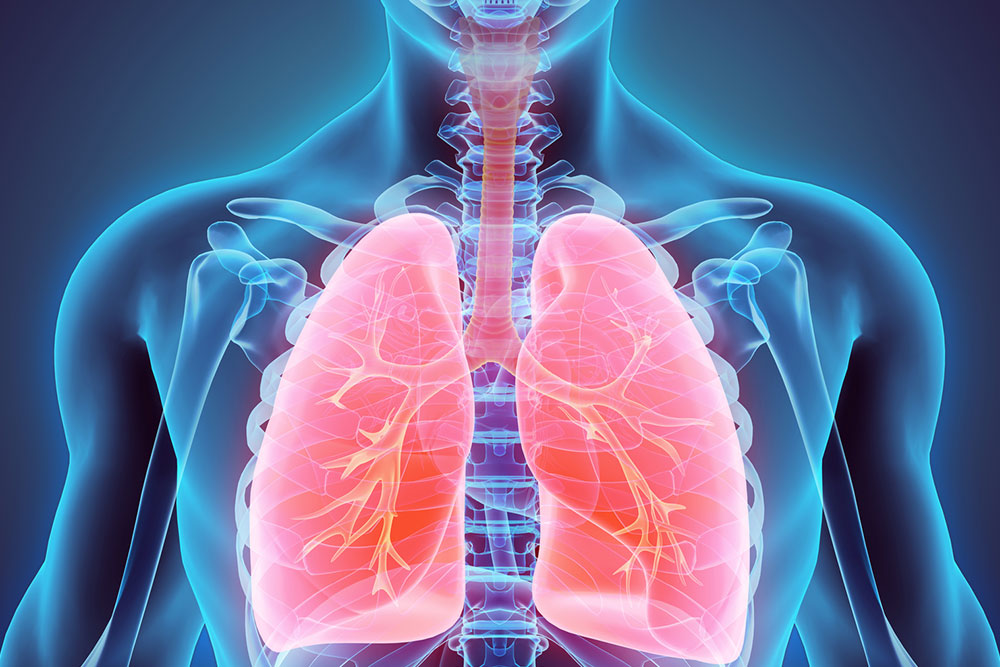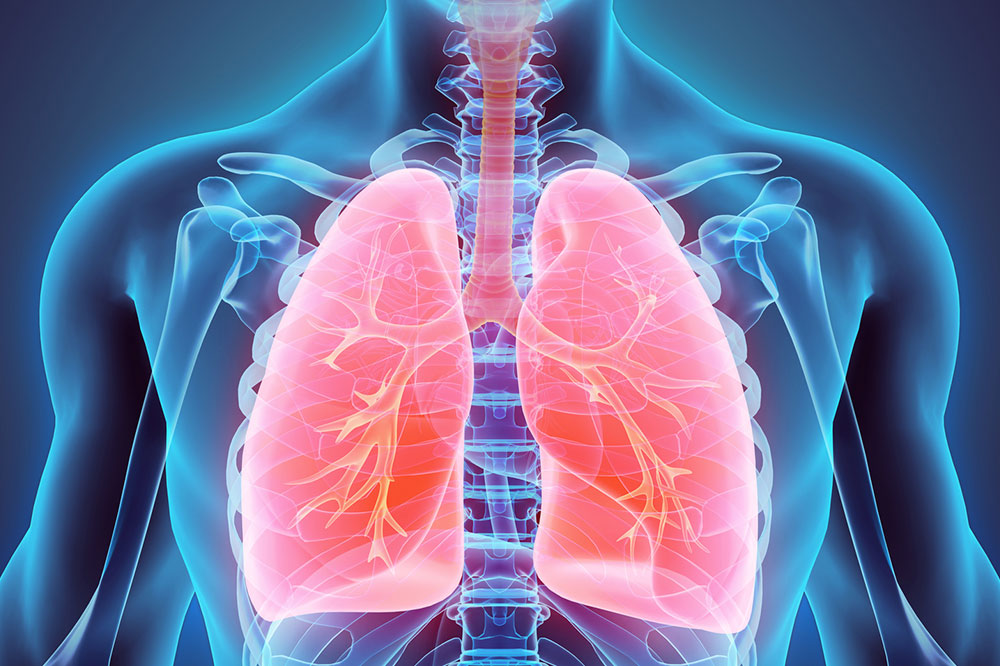Comprehensive Guide to Kidney Cancer: Symptoms, Stages, and Modern Treatment Strategies
Discover comprehensive insights into kidney cancer, including its symptoms, stages, and the latest treatment options. This detailed guide aims to help patients and caregivers understand the disease, emphasizing early detection and personalized therapies. Learn about risk factors, preventive measures, and advances in treatment to improve outcomes and quality of life for those affected by this serious condition.

Comprehensive Guide to Kidney Cancer: Symptoms, Stages, and Modern Treatment Strategies
Kidney cancer, also known as renal cell carcinoma, is a type of malignant tumor that originates within the tissues of the kidneys, which are vital organs located in the lower back that perform essential functions for overall health. Understanding the nature of kidney cancer, its symptoms, progression, and available treatment options is crucial for early detection and effective management. This detailed guide aims to provide in-depth information about kidney cancer, empowering patients and caregivers with knowledge about this potentially life-threatening disease.
The kidneys are bean-shaped organs roughly the size of a fist, positioned on either side of the spine. Their primary functions include filtering waste products from the blood, balancing body fluids, producing hormones that regulate blood pressure, and stimulating the production of red blood cells through erythropoietin. When cells in the kidney become abnormal and begin to grow uncontrollably, it can result in cancer. The mechanisms that cause these abnormal cell growths involve genetic mutations, environmental factors, and lifestyle influences, although the exact causes remain under ongoing research.
Common signs and symptoms of kidney cancer often remain unnoticed in the early stages, as they may be subtle or mistaken for other less serious conditions. As the tumor grows, symptoms tend to become more evident. Typical manifestations include blood in the urine (hematuria), which may appear as pink, red, or cola-colored; unexplained weight loss; persistent back or side pain known as flank pain; fatigue or weakness; high blood pressure; and a general feeling of illness or fever that persists without an obvious cause. Occasionally, patients might experience a palpable mass or swelling in the abdomen.
Understanding the progression of kidney cancer involves recognizing its stages, which significantly influence treatment choices and prognosis. The staging process assesses how far the cancer has advanced and whether it has spread to nearby tissues or distant organs. Early detection, especially at stages 1 or 2, greatly improves the chances of successful treatment and long-term survival.
Kidney cancer develops when genetic mutations lead to abnormal cell growth within the renal tissue. These abnormal cells can invade nearby structures, such as blood vessels, lymph nodes, or neighboring organs, and may also metastasize to distant sites like the lungs, bones, liver, or brain. The process of metastasis involves complex biological mechanisms, including the ability of cancer cells to break away from the primary tumor, survive in circulation, and colonize new environments.
Staging in kidney cancer is classified into four principal categories:
Stage 1: The tumor is confined within the kidney and measures less than 7 centimeters in diameter.
Stage 2: The tumor is larger than 7 centimeters but still contained within the kidney.
Stage 3: The cancer extends beyond the kidney, affecting nearby lymph nodes or invading the renal vein or nearby tissues.
Stage 4: The cancer has spread to distant organs or tissues, indicating advanced metastatic disease.
Treatment strategies are tailored according to the cancer stage, overall health of the patient, and specific tumor characteristics. In early stages, surgery is often the primary approach, with options including partial nephrectomy (removing only the tumor and part of the kidney) or radical nephrectomy (complete removal of the affected kidney). For advanced or metastatic kidney cancer, targeted therapies, immunotherapy, and newer treatment modalities such as stereotactic body radiation therapy are employed to control disease progression and prolong survival.
Moreover, recent advancements in medicine have introduced personalized treatment approaches, including molecularly targeted drugs that inhibit specific pathways involved in tumor growth. Immunotherapy agents that boost the body's immune response against cancer cells have also shown promising results, especially for patients with high-risk or late-stage disease.
Preventive measures are equally important in reducing the risk of developing kidney cancer. Maintaining a healthy lifestyle through regular exercise, a balanced diet rich in fruits and vegetables, and managing pre-existing health conditions such as high blood pressure are crucial steps. Avoiding tobacco use and exposure to certain chemicals or environmental toxins can further decrease risk. Regular medical check-ups, especially if there is a family history or known risk factors, facilitate early detection and intervention.
In conclusion, kidney cancer is a serious health concern that requires awareness of its early symptoms, understanding of its progression, and knowledge of modern treatment options. Advances in diagnosis and therapeutics continue to improve outcomes, but early detection remains key to successful management. Patients should consult healthcare professionals for personalized assessment and treatment planning to optimize their chances of recovery and quality of life.





